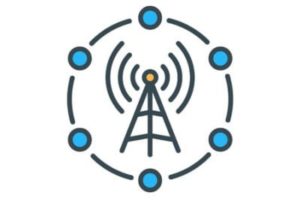Thales is highlighting some of the logistical challenges that mobile operators will need to overcome in order to realize the full potential of 5G networks. The company noted that 5G connectivity is expected to explode in the next decade, to the point that the GSMA has predicted that 5G will add $2.2 trillion to the global economy leading up to 2034.

However, those predictions will not come to fruition if mobile operators cannot guarantee the integrity of 5G systems. As it stands, 5G will reduce latency and power consumption, which will in turn allow mobile operators to provide better coverage for a much larger number of connected devices (5G will support as many as 1 million connections per square kilometer).
The problem is that each of those devices is a potential access point that a hacker could use to gain access to a network. Digital infrastructure is only as secure as its weakest point, so mobile operators will need to ensure that the entire network is secure in order to maintain the trust of their customers and make people more comfortable using 5G technologies.
For its part, Thales argues that its portfolio can help mobile operators take full advantage of their 5G capabilities. The company offers trusted connectivity for individual IoT devices, as well as digital identity technology that can authenticate the people using them. In that regard, Thales’ Trusted Digital Identity platform is able to confirm the information on an ID document, before using biometrics to match the document to the person holding it.
Thales also believes that its analytic solutions can help organizations make sense of the vast amount of data that will be generated from 5G devices, gaining insights that will inform the development of new services and lead to future revenue opportunities. 5G is expected to be particularly beneficial for remote communities, with Thales suggesting that it will bring digital coverage to more than 750 million that do not yet have stable access to the internet.

Follow Us